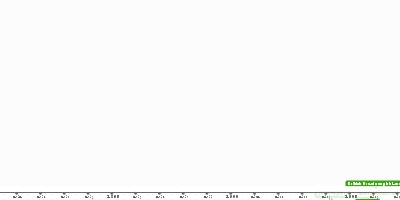Russo-Japanese War (8 feb 1904 año – 5 sept 1905 año)
Descripción:
2) Spheres of influence were very important when it came to creating colonies and expanding an empire. In the case of Russia, a country that is already “losing impact” in the West, this war would have been a way to regain some of its strength and respect from the other powerful western countries. Instead, it was humiliated by being the first large European country to be defeated by a rising Asian power. Not only this but following the “Treaty of Portsmouth” (1905), it lost two out of its three fleets (Baltic and Pacific), and had to forfeit its long-lasting lease on the port of King Arthur, basically forcing Russia to back down as a possible influencing power of Korea. This left Russia feeling disgraced by the verdict of the “Treaty of Portsmouth” while also being seen as less of a great power by its European ruler counterparts. This is also one of the first times we see American and Russian diplomatic tension, as the mediator of the treaty was the President of the US Theodore Roosevelt. Along with the defeat, this led to Russia to developing a mentality of “protecting its nobility”, a policy which basically recognized the compliance of Russia with the decisions of the other great powers and aimed to establish itself once again as a powerful empire in Europe. Russia would achieve this, by not backing down from war in the next attack that was prompted against her and having a stricter limit as to what aggression she would allow other countries to express to her.3) One of the factors that prevented a war outbreak was that Russia didn’t have a strong ally to initiate the war with. It is true that the Franco-Russian alliance had already been solidified, but it wasn’t as strong and it was mostly an alliance for military aid against Germany in the case of attack. Russia could not have acted on war on her own, nor where other countries personally involved.
Añadido al timeline:
fecha:
8 feb 1904 año
5 sept 1905 año
~ 1 years and 6 months
